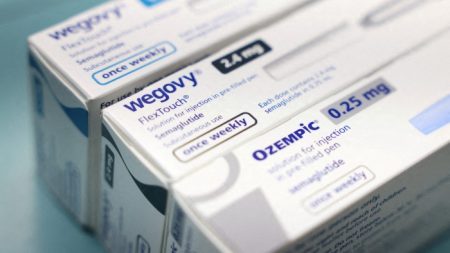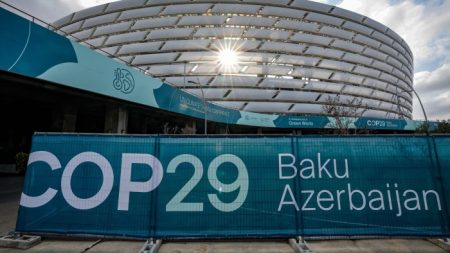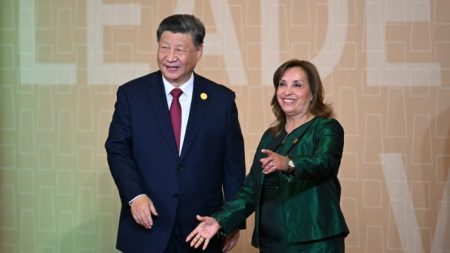Unlock the Editor’s Digest for free
Roula Khalaf, Editor of the FT, selects her favourite stories in this weekly newsletter.
Unilever reported better than expected operating margins in the first half on lower input costs and higher prices carried over from previous quarters, offsetting disappointing sales growth due to increased discounting.
Shares in the maker of Dove soap and Magnum ice cream rallied 6 per cent as it boosted operating margin by 250 basis points to 19.6 per cent in the first six months of the year, ahead of an expected 18 per cent.
The consumer goods group attributed the margin improvement to lower costs thanks to increased production volumes and lower input costs, as well as “carry-over pricing from a period of higher inflation”.
The company forecast underlying operating margin to be at least 18 per cent for the year, well ahead of expectations.
Despite stronger operating margin growth, Unilever’s underlying sales growth came in below expectations at 3.9 per cent compared with an expected 4.2 per cent uplift. The company raised prices by only 1 per cent in the second quarter, well below a consensus estimate of 1.6 per cent.
Consumer goods groups such as Unilever and Nestlé have turned to discounting and promotions to attract customers hit by the cost of living crisis and build back sales volumes following more than two years of declines.
“Where we have seen real commodity deflationary impacts, we’ve adjusted pricing accordingly to also, of course, give back to the consumers where that’s needed, and to focus on our competitiveness,” said chief executive Hein Schumacher, on a call with analysts.
Unilever’s sales volumes rose 2.9 per cent in the second quarter, increasing from 2.2 per cent in the first quarter. Schumacher added that he expected to increase prices again at the start of next year when inflation “normalised” to levels of between 2 and 3 per cent.
Analysts on Thursday morning cautioned that the company’s margin uplifts were “non-recurring”.
David Hayes at Jefferies said some investors would question the margin upgrade given “sector wide pricing pressures” and lower margins for the rest of the year. He noted in a report that short-term delivery pressures may once again be jeopardising long-term prospects.
Nestlé, which also reported its earnings on Thursday, downgraded its full-year sales outlook after pricing “came down faster than expected”. The company put through price increases of 2 per cent in the first half of the year, well below the expected 3 per cent.
Unilever is undergoing a major turnaround to boost growth, including the separation of its ice cream business by the end of next year and significant job cuts. Unilever plans to cut about a third of all office roles in Europe by the end of next year.
The group maintained its sales growth outlook of 3 to 5 per cent for the year, driven by growing sales volumes.
The conflict in Gaza has weighed on Unilever’s sales. Consumers in Indonesia, where majority of the population is Muslim, fell 7 per cent in the second quarter. Indonesia makes up about 4 per cent of group sales.
“Some consumers avoided the brands of multinational companies in response to the geopolitical situation in the Middle East,” Unilever said.
China consumer confidence also hit sales, which fell in the mid-single digits, the company said.
Read the full article here












